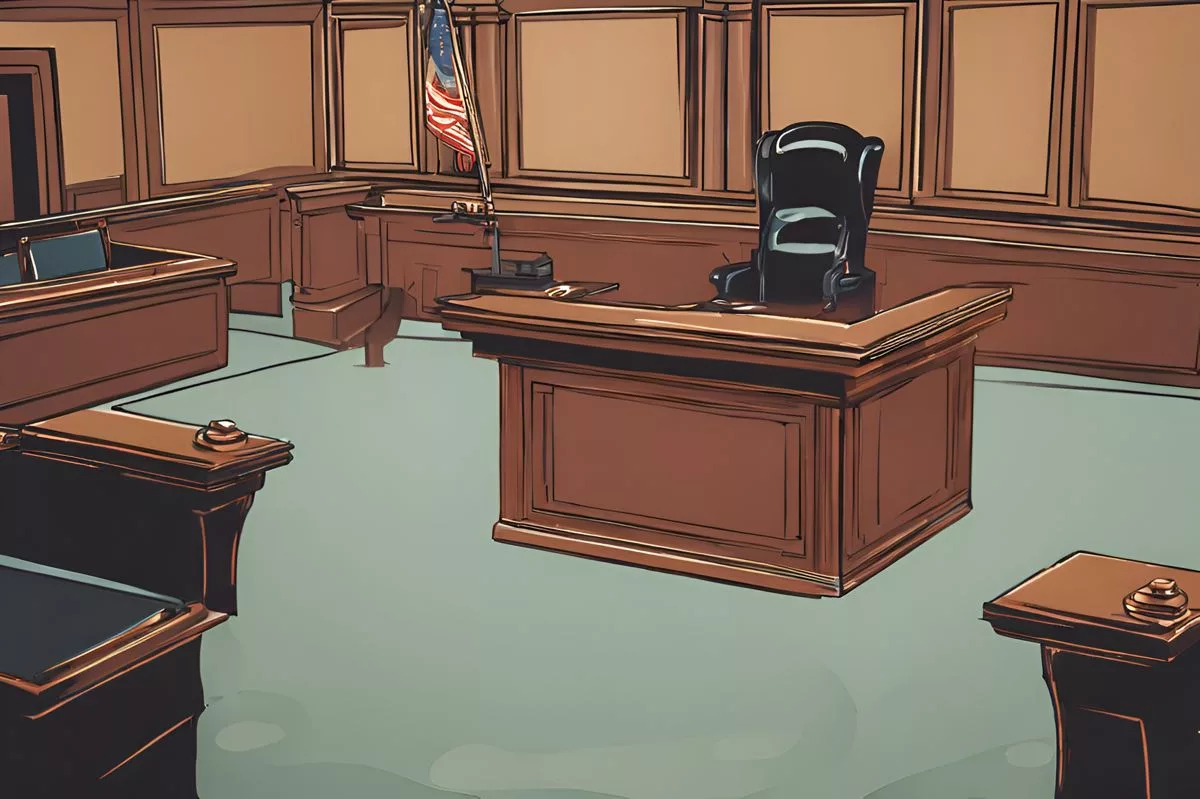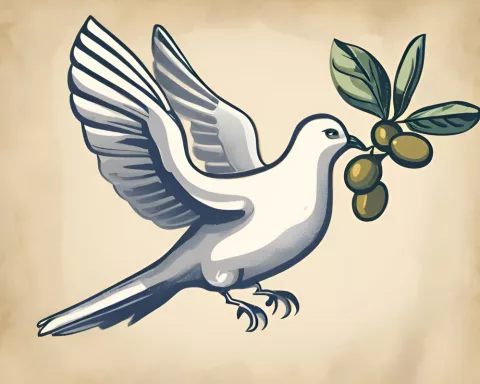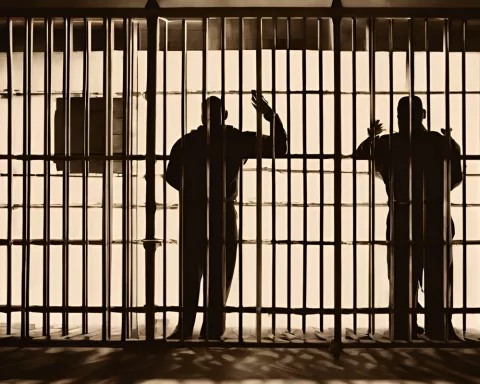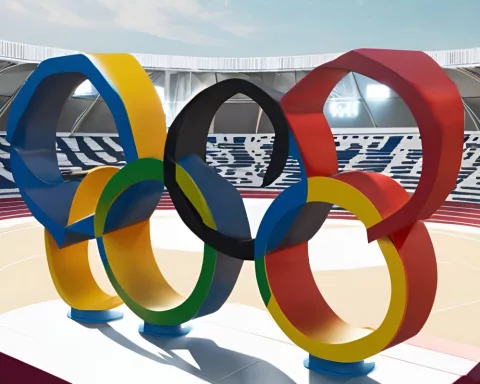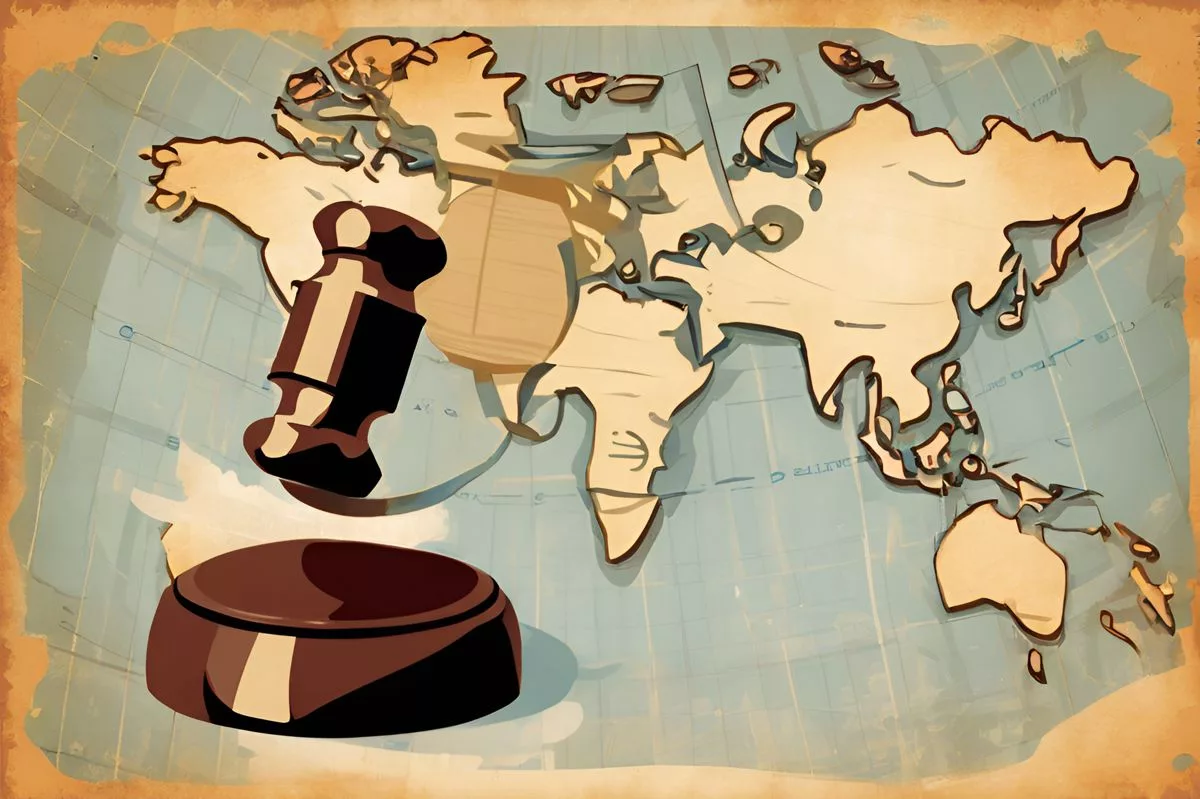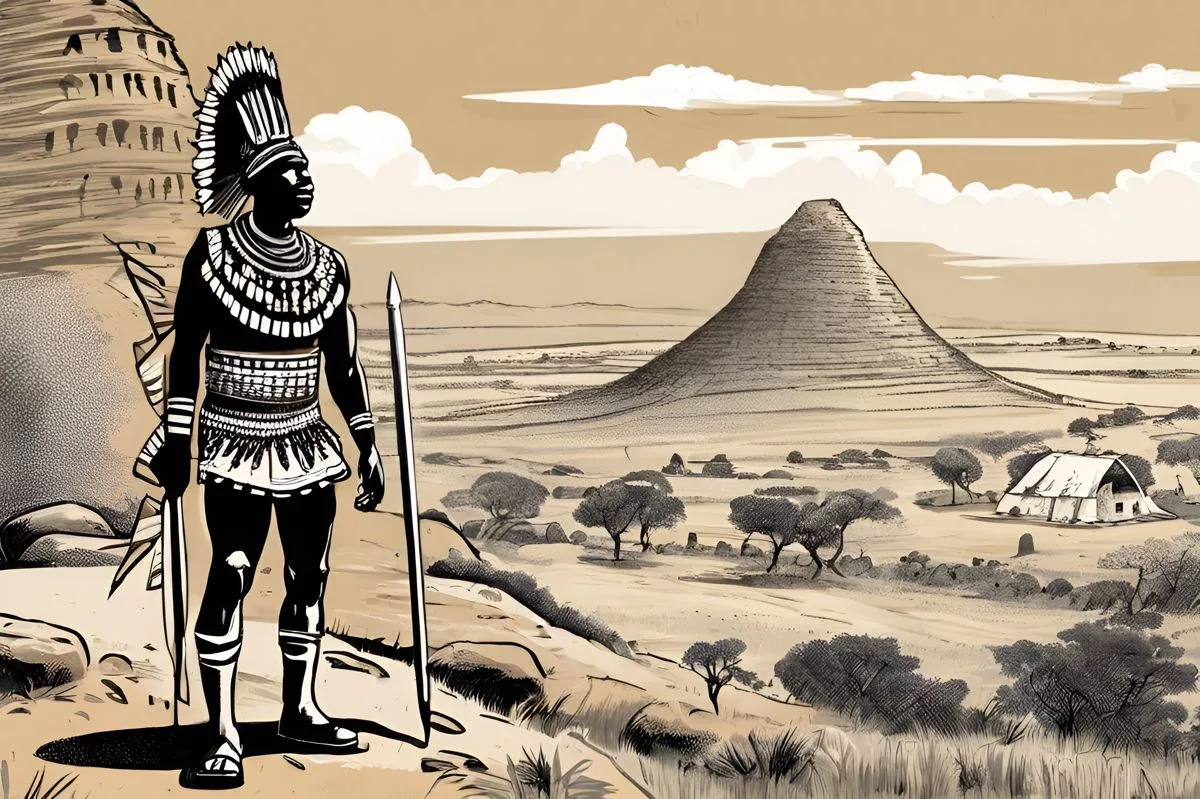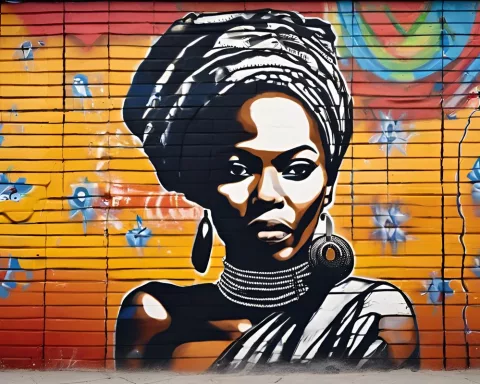The International Court of Justice has made a groundbreaking decision in South Africa’s genocide case against Israel, stating that Israel’s actions in Gaza could be considered genocidal. This decision is a victory for human rights as it mandates immediate actions to stop the violence in Gaza while the case is still ongoing. The presiding officials praised the ICJ for upholding international law and urged Israel to respect the ruling, emphasizing the importance of global cooperation in tackling such pressing issues.
A Milestone Decision: The International Court of Justice’s Ruling on South Africa’s Genocide Case Against Israel
The International Court of Justice has issued a monumental verdict on South Africa’s genocide lawsuit against Israel, concluding that Israel’s conduct in Gaza could be arguably genocidal. This decision is regarded as a victory as it mandates immediate actions to curb the deteriorating situation in Gaza due to random bombings, while awaiting the final resolution of the case. It serves as a stark reminder that every nation bears the obligation to ensure that human rights are not violated and all forms of oppression are vehemently contested.
In the realm of international law, a groundbreaking advancement has transpired. The International Court of Justice (ICJ) has issued a monumental verdict on South Africa’s genocide lawsuit against Israel, a decision that received enthusiastic acclaim from the presiding officials of the South African Parliament. The National Assembly Speaker, Ms Nosiviwe Mapisa-Nqakula, and the Chairperson of the National Council of Provinces, Amos Masondo made the announcement on the 26th of January, 2024. This major step towards upholding human rights and international law was profoundly championed by both leaders.
A Victory for Human Rights
The ICJ, headquartered in The Hague, Netherlands, concluded that Israel’s conduct in Gaza could be arguably genocidal. Consequently, they took interim measures. This judgement justified South Africa’s demand for an instant ceasefire and a termination of the violence in Gaza. The presiding officers passionately endorsed this position and celebrated the ruling for its considerable impact on reinforcing human rights.
This decision is regarded as a victory as it mandates immediate actions to curb the deteriorating situation in Gaza due to random bombings, while awaiting the final resolution of the case. This legal triumph came after South Africa’s entreaty to the ICJ subsequent to the Parliament’s adoption of a motion in the preceding year, urging the government to cut diplomatic connections with Israel and to shut down the Israeli Embassy in South Africa.
Upholding the Rule of Law
The motion sharply criticized Israel’s killing of defenceless women and children in Gaza, including the bombing of hospitals. In reaction to this directive, the presiding officials have urged Israel to respect the mandatory measures and halt any activities that could be perceived as genocidal, both in Gaza and towards the Palestinian populace.
The decision underscores Israel’s lack of adherence to international law, including the Genocide Convention. “There’s absolutely no valid justification for Israel and its supporters to carry out indiscriminate military attacks in the guise of self-defence,” the Presiding Officers proclaimed. They lauded the ICJ for promptly ruling in the interest of human lives, thereby reinstating people’s trust in international law and justice.
The Aftermath of the Decision
In addition, they emphasized that this verdict obligates Israel to cease all conflicts in Gaza immediately and permit more UN humanitarian relief into the country. Reflecting on the court’s actions, the presiding officers appealed to governments, parliaments, and the international community to exert influence on Israel to adhere to the ruling.
They implored the United Nations Security Council to enforce immediate action following formal notification of the court’s order, in accordance with Article 41(2) of the Court’s Statute, highlighting that no government or state is exempt from the law.
Appreciation and a Call for Continued Support
Furthermore, the presiding officers expressed gratitude towards the South African government, the legal team, and the international community for their unwavering support. They encouraged parliaments and governments to express solidarity with the oppressed and to resist all forms of oppression.
In the context of South African politics, it is essential to remember that Members of Parliament (MPs) are granted freedom of speech within Parliament, as long as they comply with the parliamentary regulations. This immunity empowers them to express their concerns and views without fear of prosecution, imprisonment, or being held accountable for damages for any matter they present or discuss in Parliament or its committees.
The Broader Implication of the Ruling
While this recent decision marks a crucial milestone in the pursuit of justice and peace, it also emphasizes the vital role of parliaments and courts in safeguarding human rights and enforcing international law. It serves as a stark reminder that every nation bears the obligation to ensure that such rights are not violated and that all forms of oppression are vehemently contested.
This remarkable judgement by the ICJ represents not just a diplomatic victory for South Africa, but a victory for justice, human rights, and the international community at large. It symbolizes hope for those who have been marginalized, while underlining the importance of global cooperation in tackling such pressing issues. It embodies the strength of collective action and the relentless spirit of humanity.
What was the International Court of Justice’s ruling on South Africa’s genocide case against Israel?
The ICJ concluded that Israel’s actions in Gaza could be considered genocidal and mandated immediate actions to stop the violence in Gaza while the case is still ongoing.
Why is this decision a victory for human rights?
This decision mandates immediate actions to curb the deteriorating situation in Gaza due to random bombings, while awaiting the final resolution of the case, reinforcing human rights.
What did the presiding officials of the South African Parliament say about the ruling?
The presiding officials praised the ICJ for upholding international law and urged Israel to respect the ruling, emphasizing the importance of global cooperation in tackling pressing issues.
What did the motion adopted by the South African Parliament criticize?
The motion sharply criticized Israel’s killing of defenseless women and children in Gaza, including the bombing of hospitals.
What are the obligations of Israel following the ruling?
Israel is obligated to cease all conflicts in Gaza immediately and permit more UN humanitarian relief into the country, according to the presiding officials.
What does this ruling symbolize?
This remarkable judgement by the ICJ represents not just a diplomatic victory for South Africa, but a victory for justice, human rights, and the international community at large, embodying the strength of collective action and the relentless spirit of humanity.

